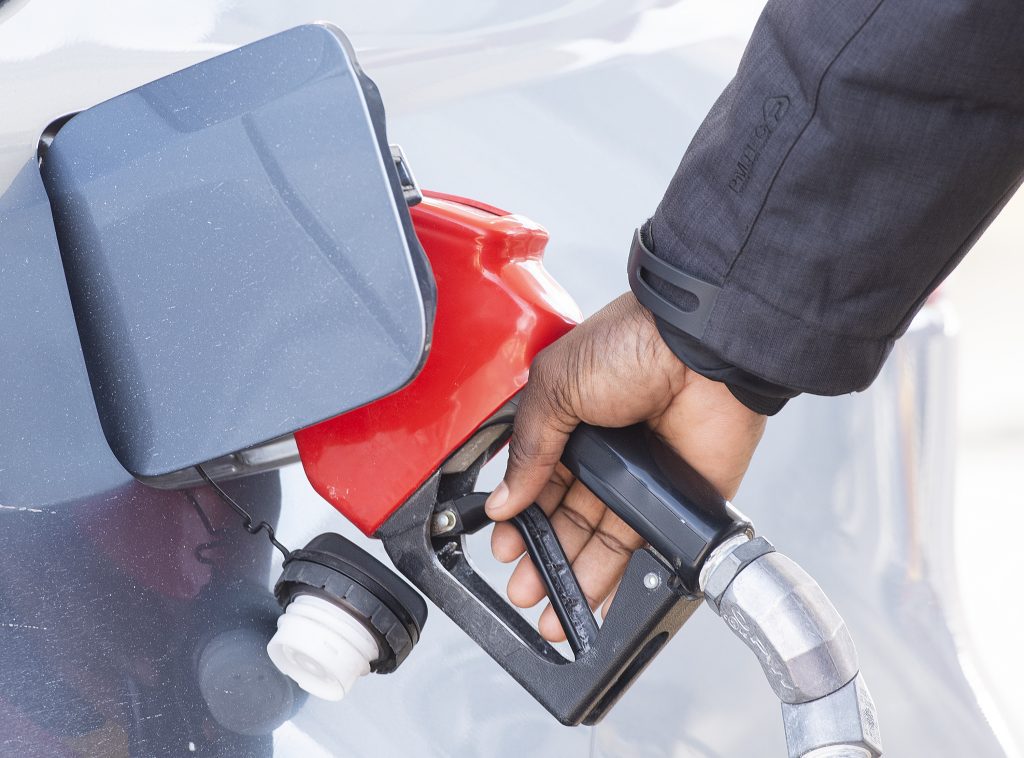Some people in Winnipeg may be having difficulty filling up their vehicles with fuel recently.
On the heels of Imperial Oil shutting down a section of pipeline for preventive maintenance, a few gas stations in Winnipeg are reporting being out of fuel or limiting consumption.
Robert Parsons, a part-time instructor in the supply chain management department at the University of Manitoba's Asper School of Business, stated that this is not a reason to panic.
“It’s not a crisis,” he said. “It's a manageable inconvenience, and I think that's the key thing.”
“We know that they'll be fixing this pipeline, which is good; we also know that it will take no longer than about three months. That may not be good, but we know roughly how long it's going to take, so that's not necessarily bad,” he said.
Parsons mentioned that gas will be available at the pumps again, and he noted that it's not unusual for stations to run low on fuel.
“If you're looking at individual stations… some people are kind of running out of gas, but when is their normal refill cycle? That takes a little time,” he said, explaining that stations receive a regular distribution of fuel.
“It’s not there constantly.”
He said that stations being low on fuel, or even empty, isn't surprising following Manitoba Premier Wab Kinew's statements that there was about a week’s worth of gasoline in Winnipeg terminals as of March 18.
In addition, Parsons noted that while supply trucks are facing increased demand to transport fuel, there is a shortage of manpower, which also adds to the time it takes to refuel a station.
In an emailed statement to Global News, Craig Gilpin, CEO of Red River Co-Op said, “our fuel supplier, Federated Cooperative Ltd., has been actively devising a supply plan. We are confident the plan will ensure that Red River Co-op maintains its fuel supply. Nonetheless, this is an evolving situation.”
“It’s similar to the case with Covid, we had to wait for the vaccines. After a while, they caught up. In this case, we have to wait for the fuel deliveries a little bit. But stay calm, carry on,” Parsons said.
However, the expert suggested not carrying on as usual for now and planning ahead.
“Think about, ‘How much driving do I really need to do?'” he said, adding that where possible, working from home, taking a bus, planning out groceries to limit shopping trips, among other measures, will help supply and demand.
Parsons also emphasized the importance of not hoarding diesel and gas, not just for supply, but for safety reasons.
“A real danger with this is if we have people hoarding gasoline, and they store it in a corner and forget about it, then a fire starts, or they dump it down a drain… those are all serious problems,” he said.
He also mentioned that there may be a rise in price at the pump in the midst of the disruption to the fuel supply chain.
“My expectation is (it) will not be significant,
Parsons said. In the long run, he suggested that there could be potential to change ethanol and gasoline blending standards to allow more ethanol in fuel to extend the supply.
Right now, Manitoba's Ethanol Mandate demands that fuel providers in Manitoba mix at least 10 percent of ethanol in their gasoline,
Ethanol is also less expensive than gasoline, Parsons stated.




